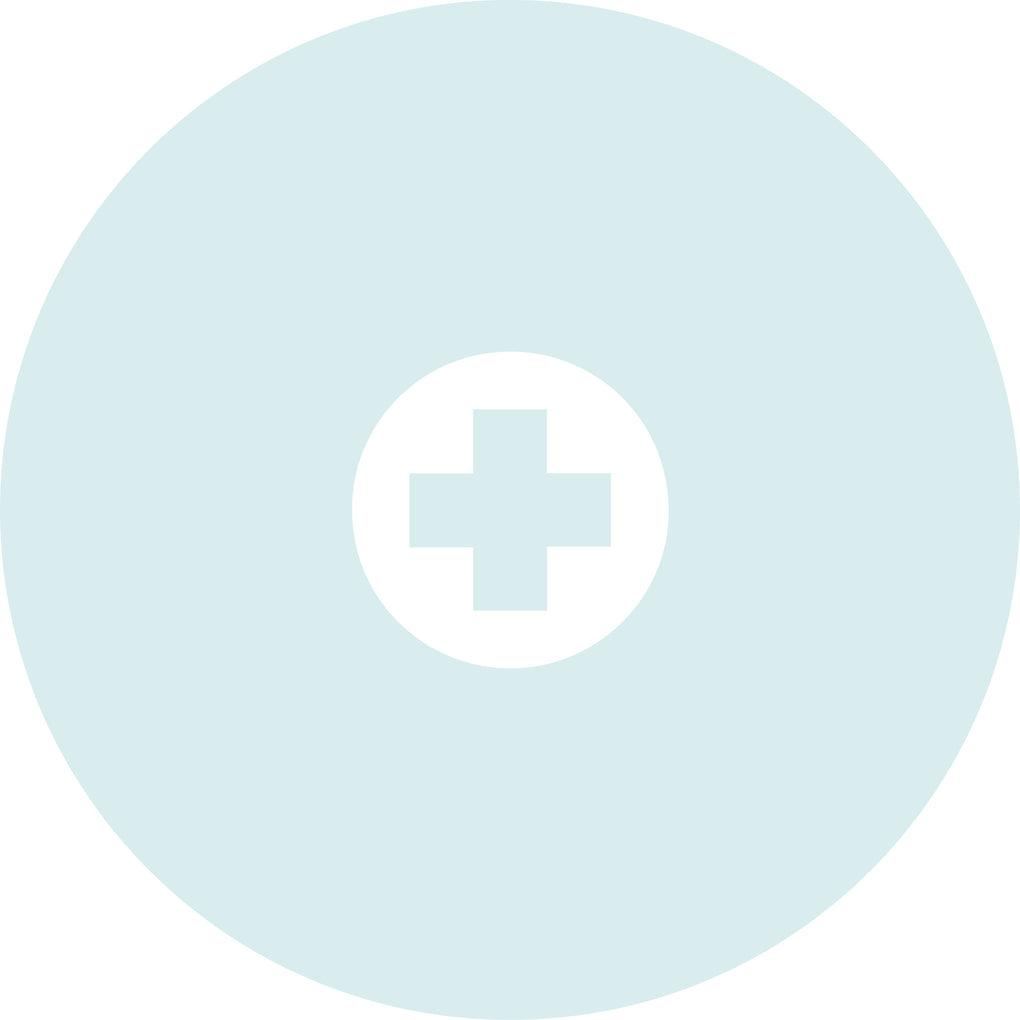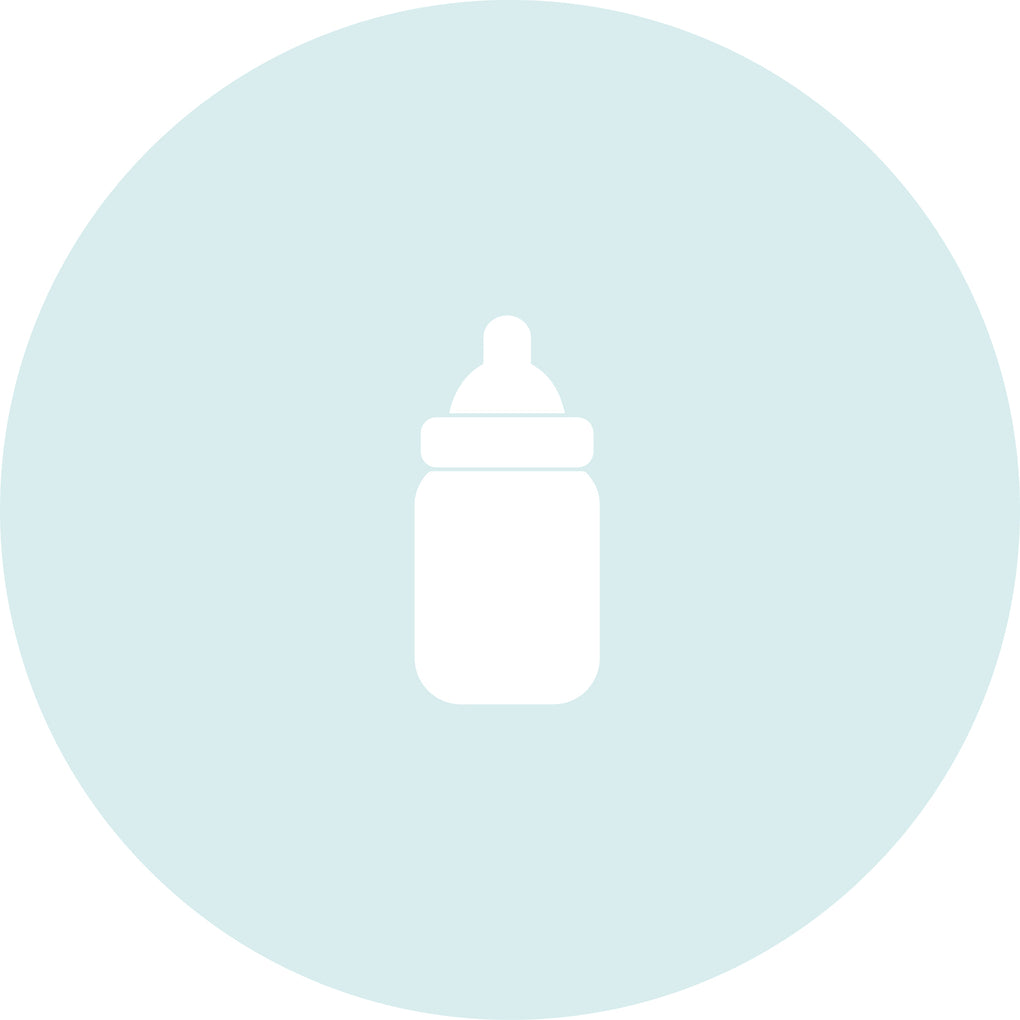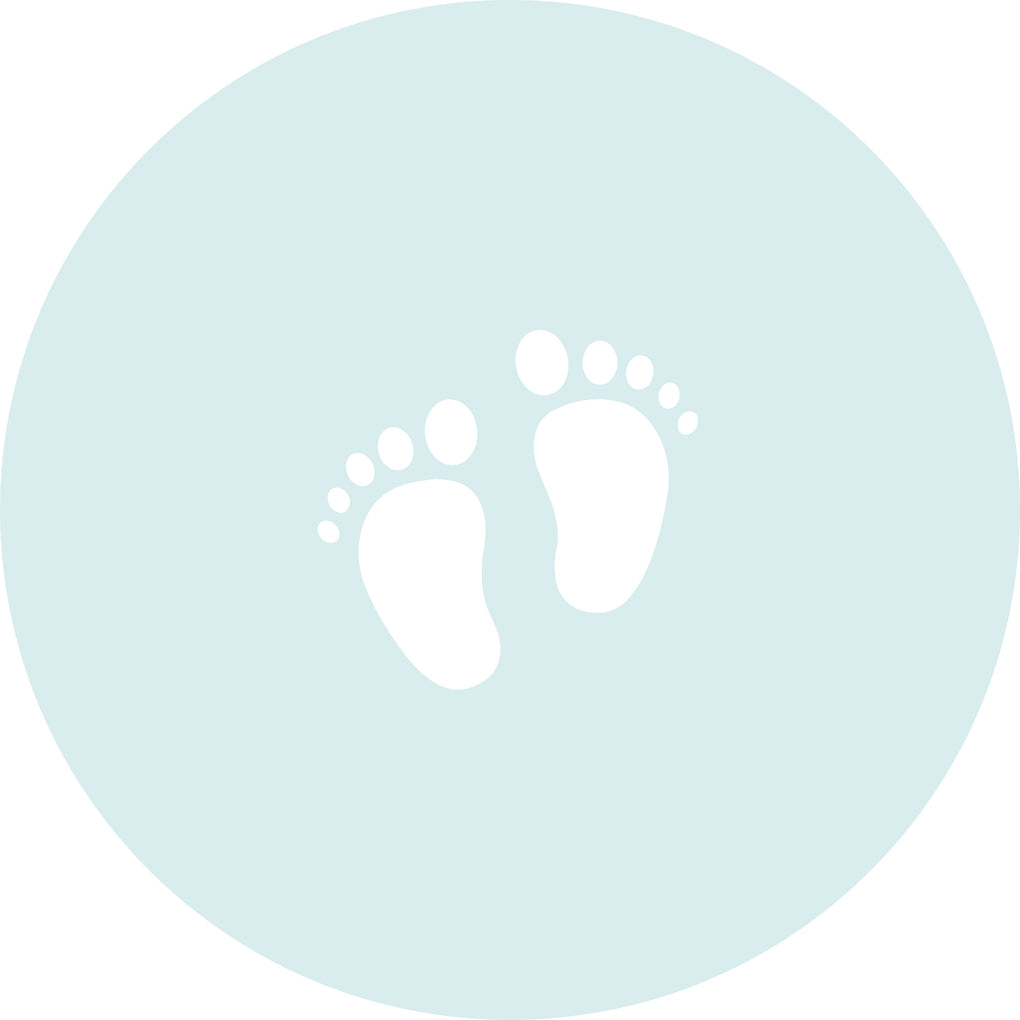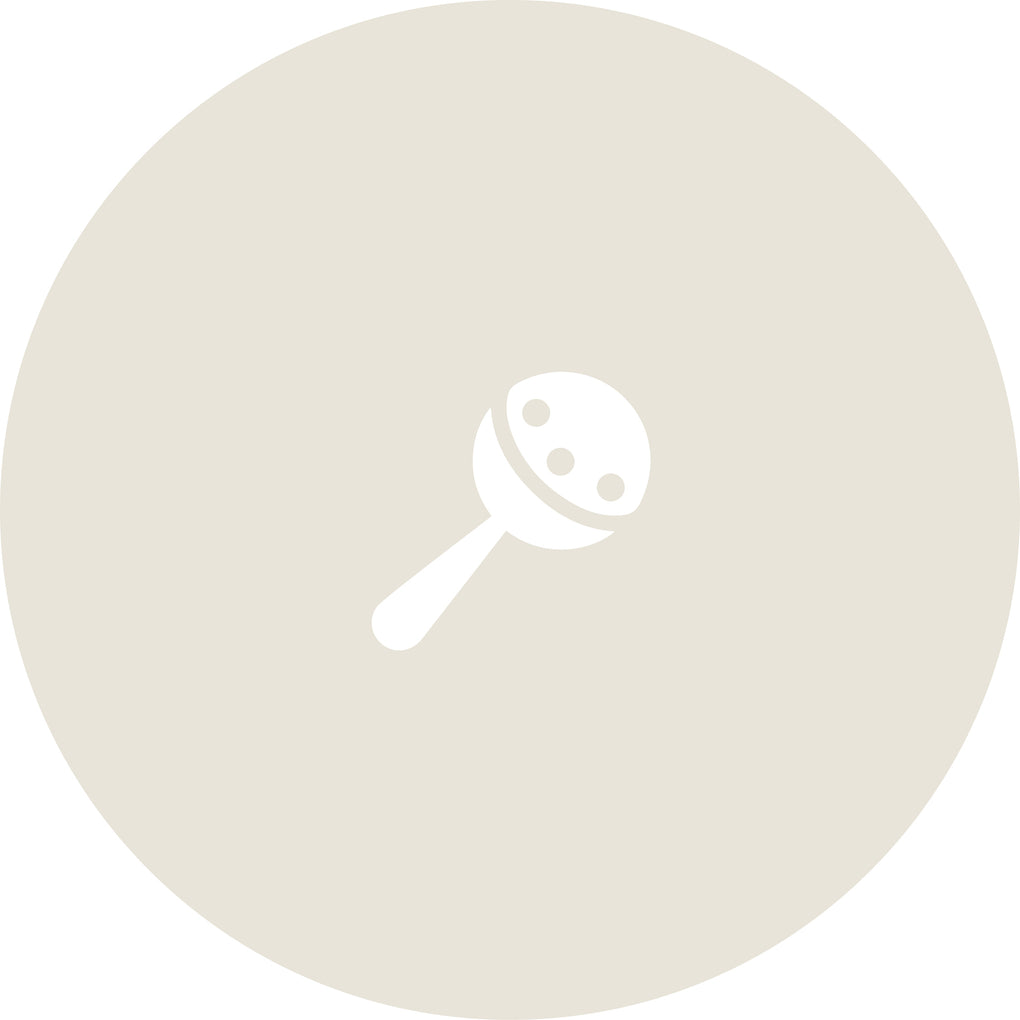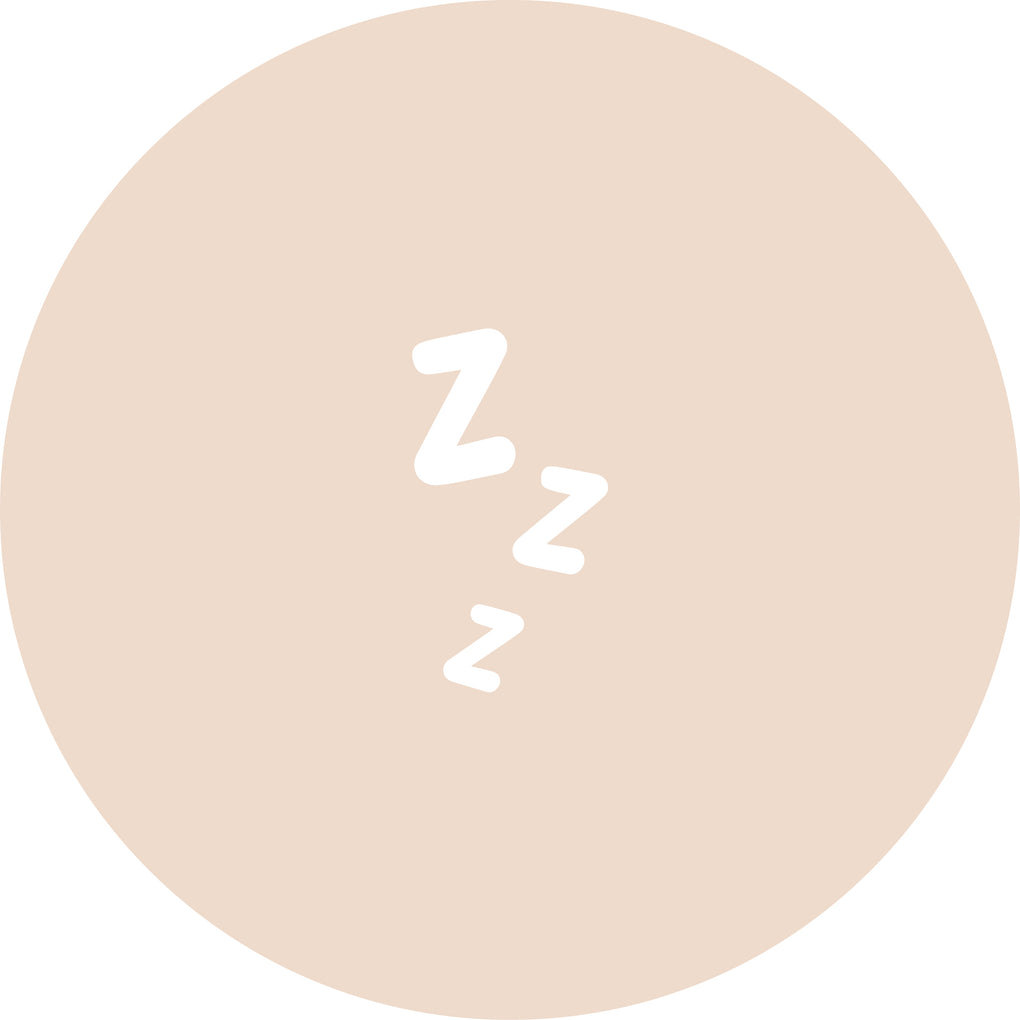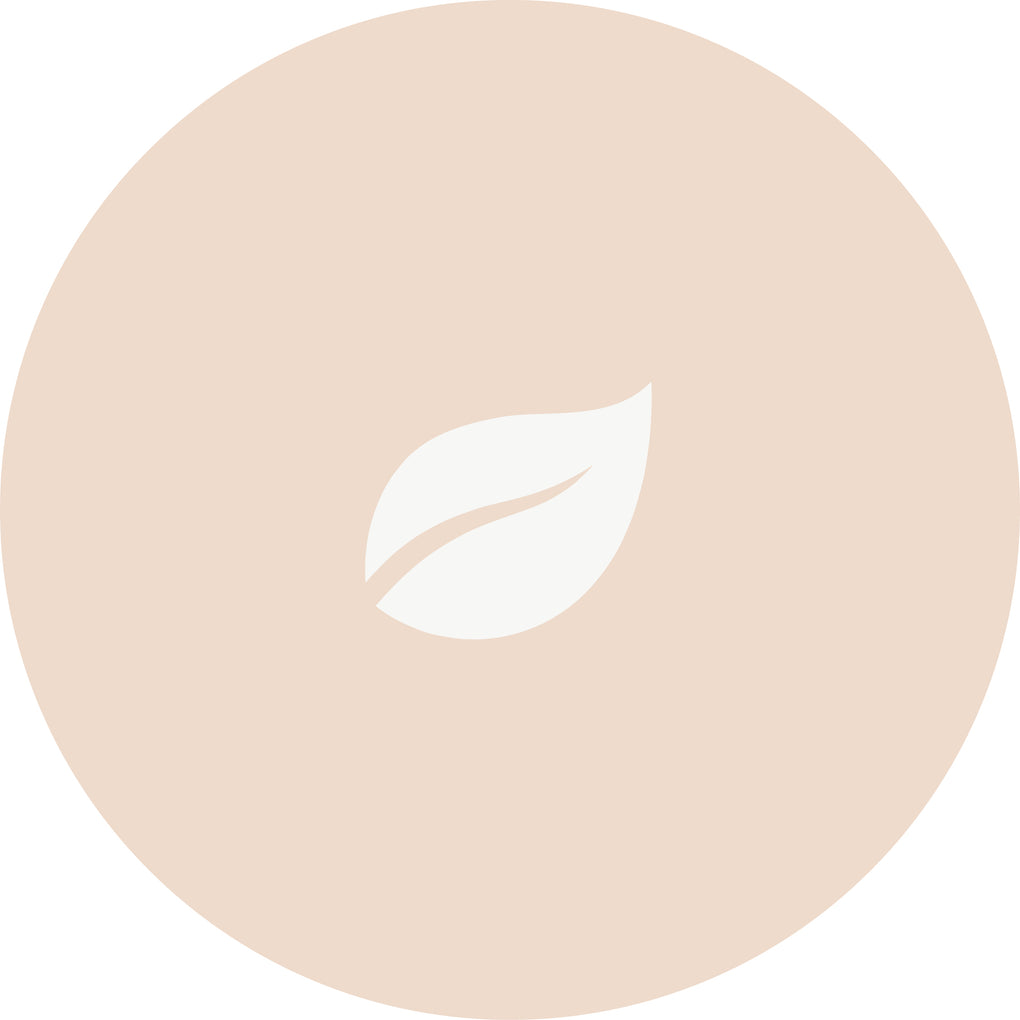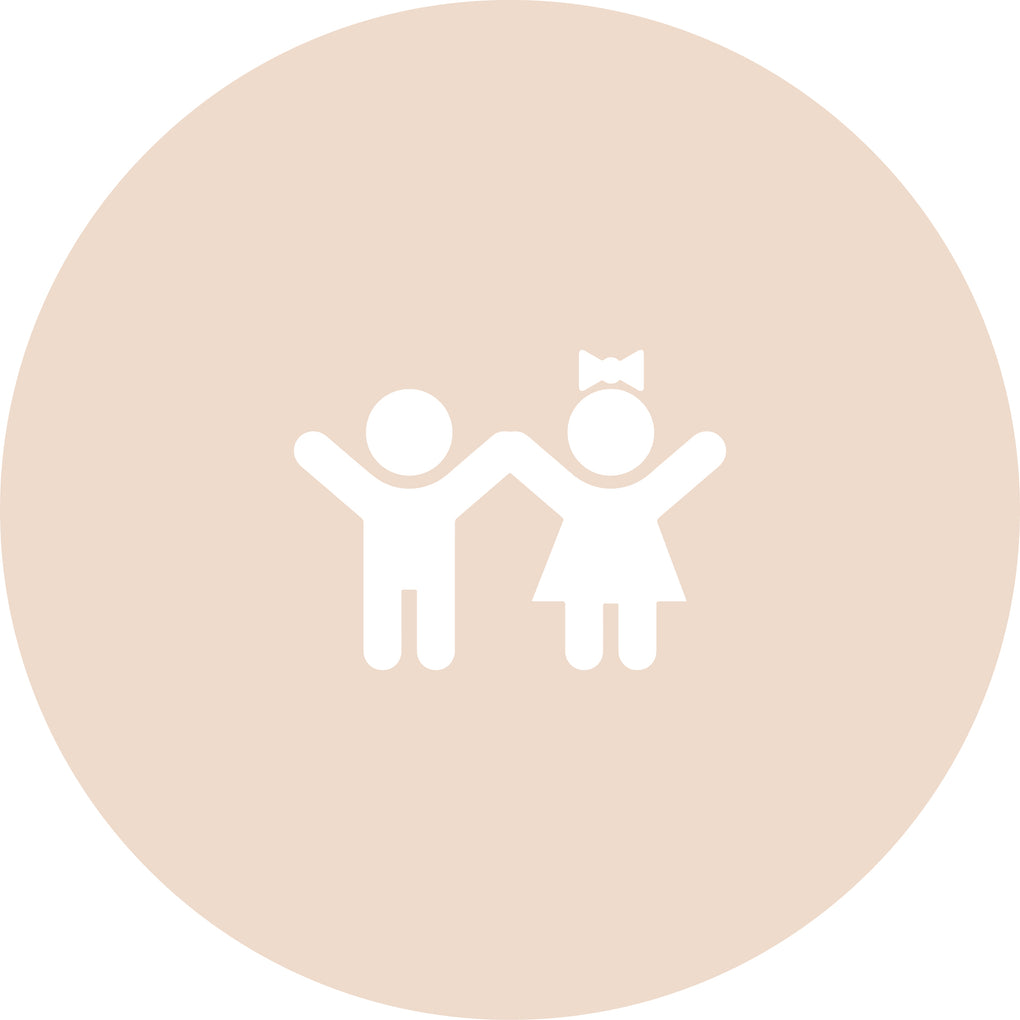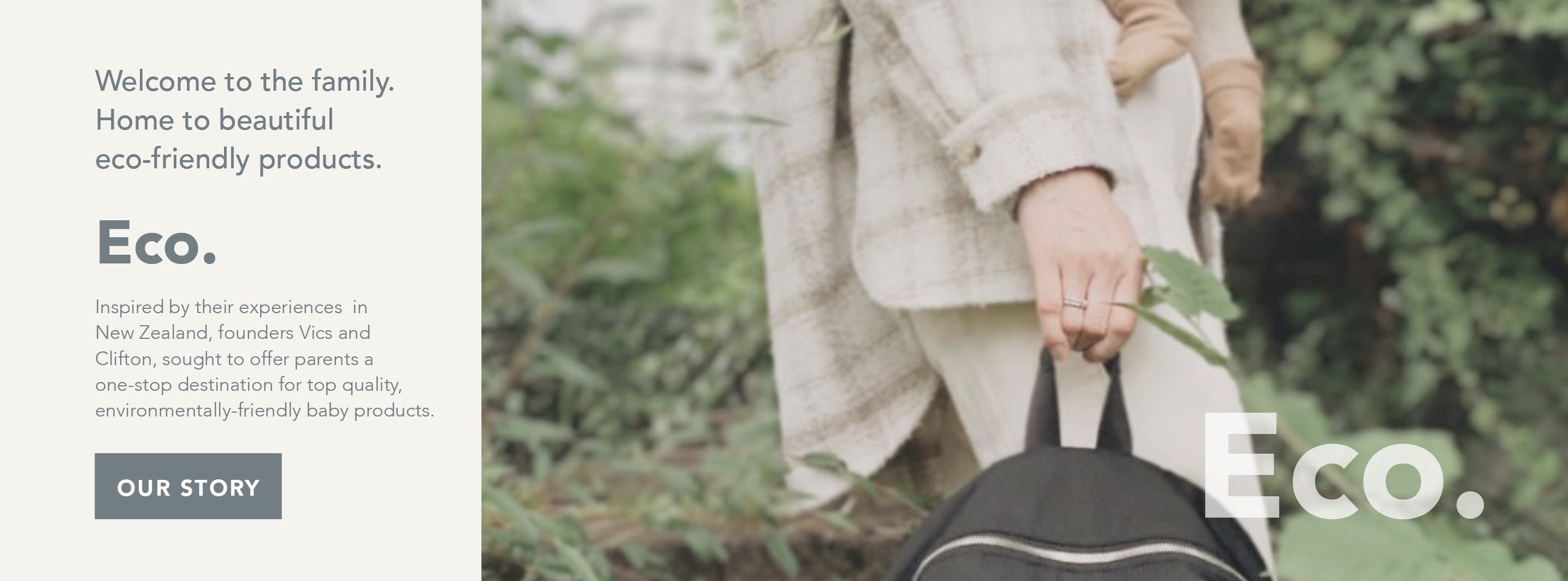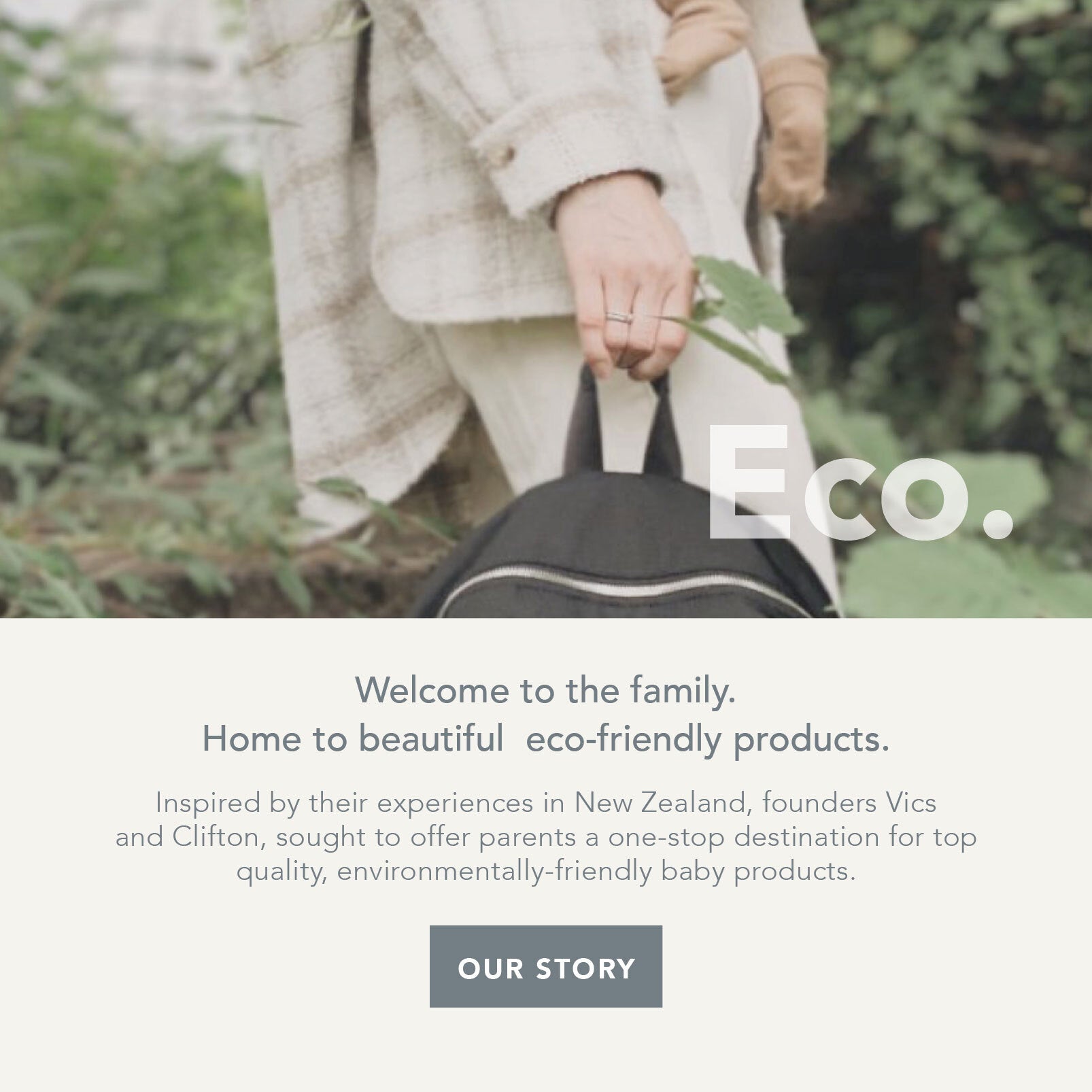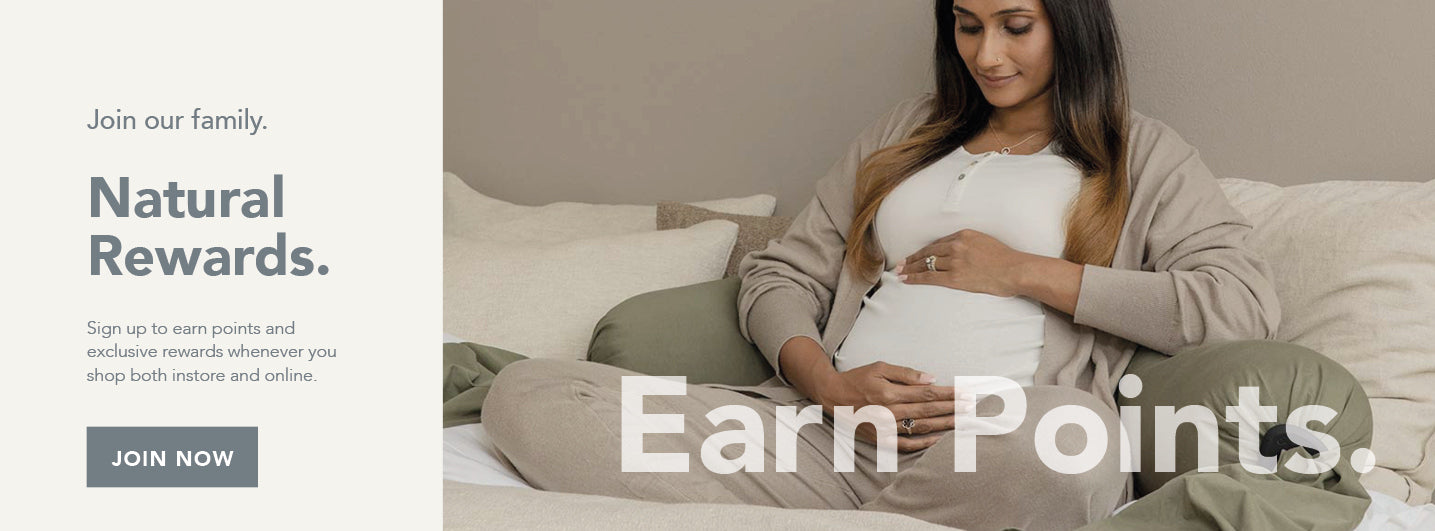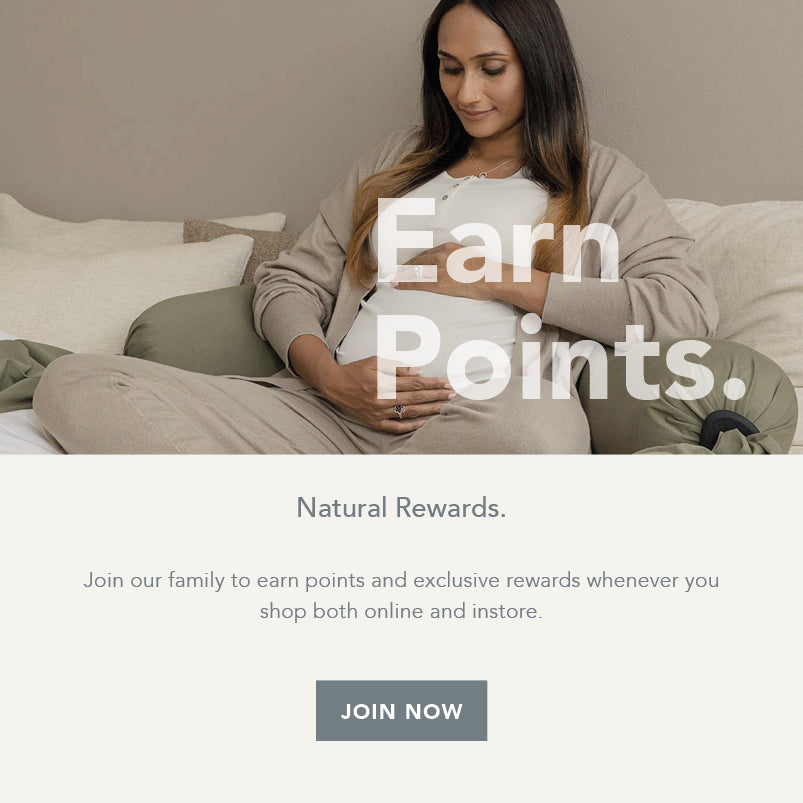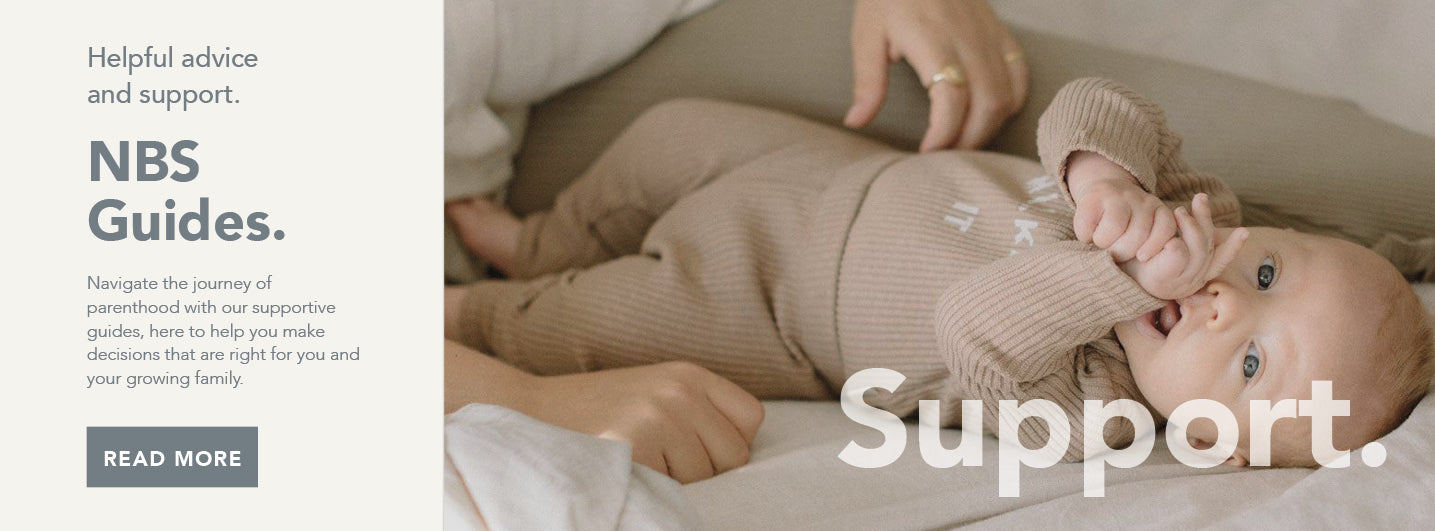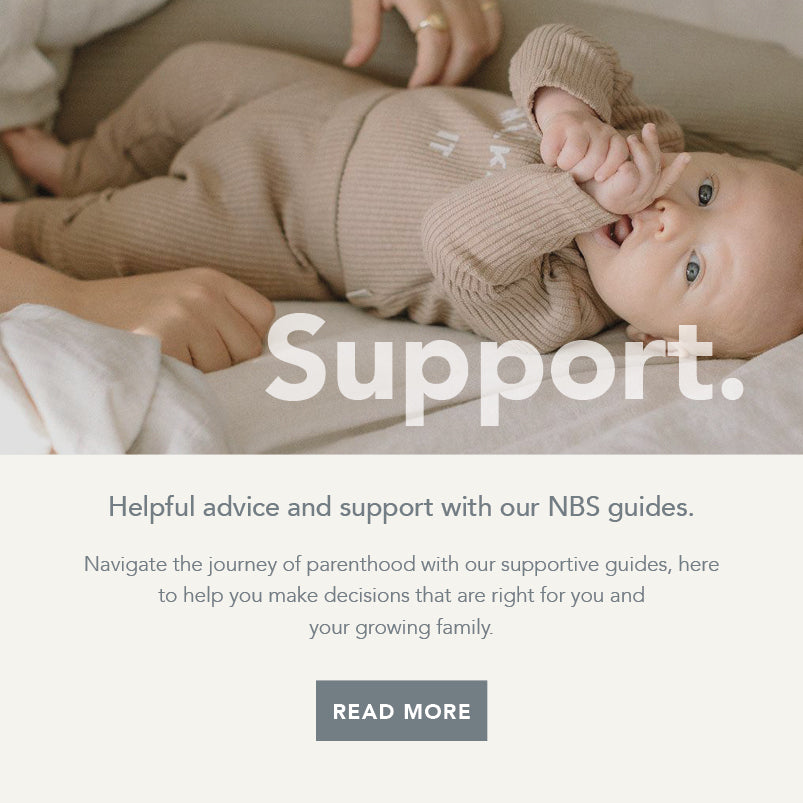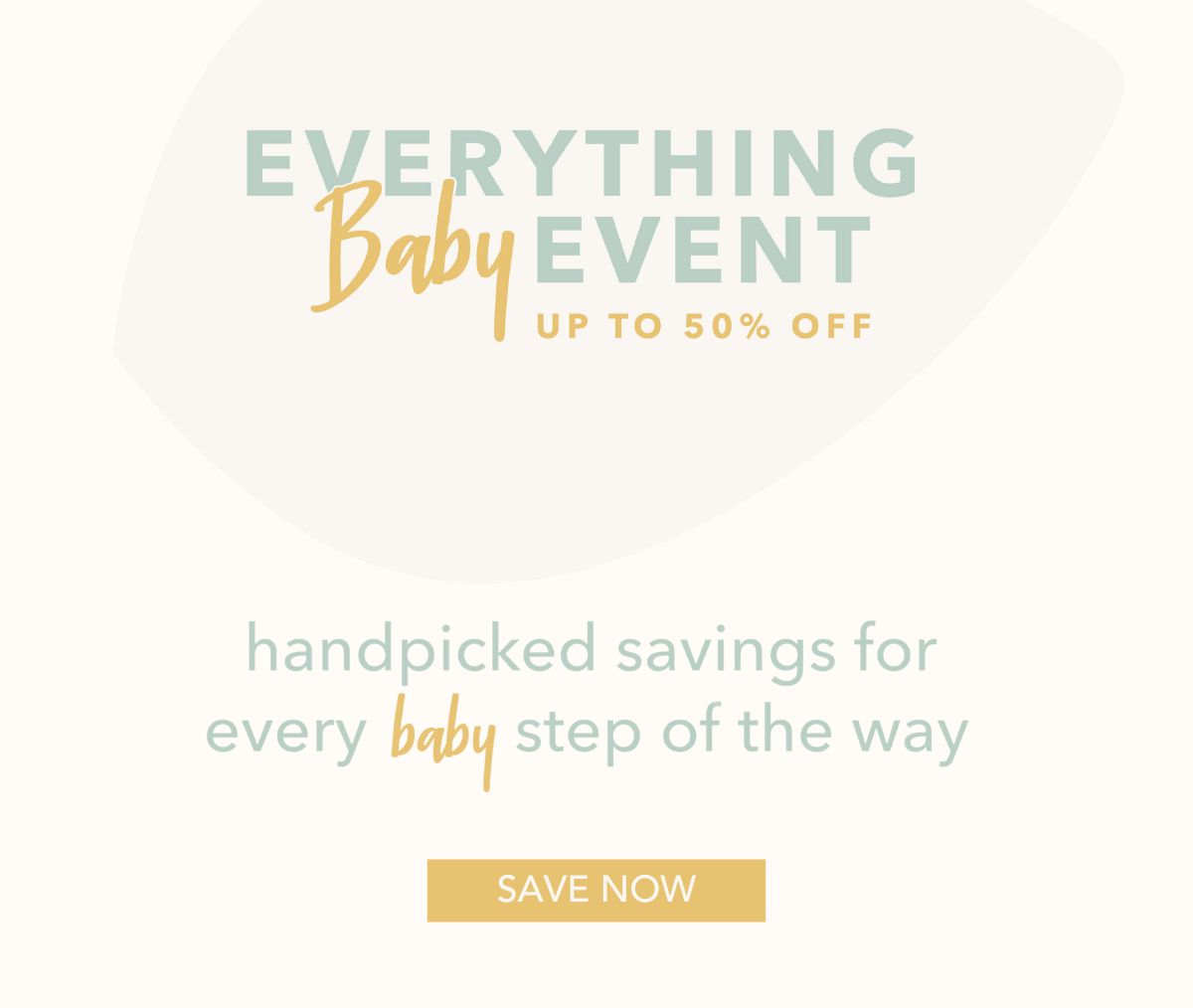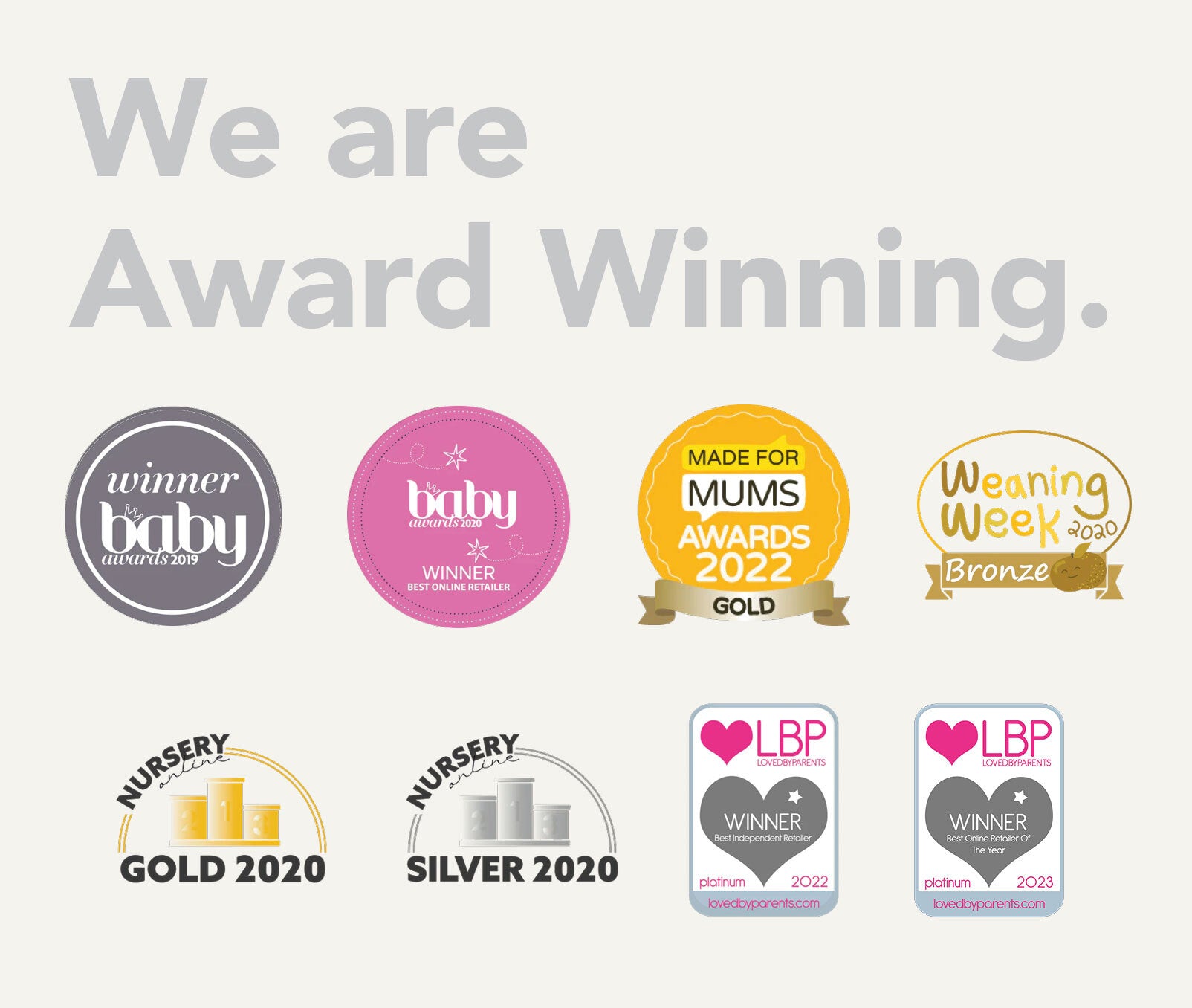Being pregnant is a wonderful experience but it also means that your body will go through a number of changes. For first time mums it can be hard to know what to do best. We have created this guide to help you look after yourself and your unborn baby during pregnancy.
Increase your vitamin D intake
We all know that it’s vital to take Folic Acid during pregnancy, but have you heard about Vitamin D? Taking supplements during pregnancy and breastfeeding keeps your little one’s bones strong and healthy.
If a mum is severely lacking in Vitamin D, which our bodies synthesise when we are in the sun, her baby can develop rickets. This leaves your babies bones brittle and vulnerable to injury. According to NHS guidelines, rickets is easily preventable with a regular dose of Vitamin D for pregnant and breastfeeding mums.
The NHS guidelines say:
“You need Vitamin D to keep your bones healthy and to provide your baby with enough Vitamin D for the first few months of its life. You should take a supplement of 10 micrograms of Vitamin D each day. Vitamin D regulates the amount of calcium and phosphate in the body, and these are needed to keep bones and teeth healthy. Not enough vitamin D can cause children’s bones to soften and can lead to rickets (a disease that affects bone development in children).
Only a few foods contain Vitamin D, such as oily fish, fortified margarines, some breakfast cereals and taramasalata. The best source of Vitamin D is summer sunlight on your skin. The amount of time you need in the sun to make enough vitamin D is different for every person, and depends on things like skin type, the time of day and time of year. But you don’t need to sunbathe: the amount of sun you need to make enough vitamin D is less than the amount that causes tanning or burning. If you have dark skin or always cover your skin, you may be at particular risk of vitamin D deficiency. Talk to your midwife or doctor if you’re worried about this.”
Woman’s Hour featured an interesting discussion on how the NHS should tackle the Rickets problem and why some women are more at risk than others.
Take some time to relax
You may be sick and tired of people telling you to go home, “and put your feet up.” Easier said than done if you’re holding down a full-time job and/or chasing after a toddler.
All that lovely massage, yoga, meditation and other floaty earth-mummy type pursuits help your body wave goodbye to the toxic stress hormone, cortisol, and hello to serotonin, the hormone of love which your body produces in bucket loads during and after labour and when breastfeeding.
Meditation is a great way to help you relax and embrace your pregnancy. You don’t need to spend hours meditating, simply ear-mark a few minutes in the morning or evening. Start small, one minute or so, and then gradually increase the time. The idea is to empty your mind of thoughts, trying to bring your attention down from your mind into your body. Some people find concentrating on deep in and out breaths helpful, others count or repeat a positive phrase (sometimes called a mantra). Something like, “I am relaxed, happy and glowing,” would work.
Others like to concentrate on an image or a flame. A nice thing to do when pregnant is to concentrate on your unborn child, sending her lots of love. Be honest with yourself though, if you find this brings up worries then choose a different method.
If you haven’t meditated before it can be quite tough and you can find yourself stuck in your thoughts and wound up even further – not ideal. To avoid this, meditating in a group an be really helpful. Find a local practitioner and go once a week for some guaranteed quiet you time. You may find you feel confident with this support, but to keep you on track during the week meditation CDs are a good option. Natural Baby Shower stocks a great range of birthing CDs.
Meditating is also an excuse to invest in a birthing ball. Many midwives recommend using one during labour and of course sitting on the ball strengthens those pre- and post-natal tummy muscles as well a relieving the discomfort some pregnant women feel sitting on hard chairs in late pregnancy. Click here to find out more.
Make sure to pamper yourself
If you can have regular, or semi-regular pregnancy massages then go for it. They’ll keep you nice and relaxed and relieve all those aches and pains.
Acupuncture is something else I’d highly recommend for staying calm and getting your body baby-ready. I had no Braxton Hicks (very early labour twinges, it’s normal to have them weeks before you give birth) until literally minutes after ‘being needled’ (sounds brutal, it isn’t but if you’re squeamish then acupressure’s another option).
Massaging the bump
As that beautiful belly starts to grow, it’s vital you keep the skin around your belly, hips and breast nice and supple to keep any stretch marks to a minimum – although any stretch-marks you do end-up with can be worn as a badge of pride for the incredible work your body has done, producing another human being! And don’t worry they do fade with time.
By massaging oil onto your bump daily, you’re not only keeping your skin in tip-top condition, but you’re also spending time bonding with the little person growing inside: you might even feel some kicks against your hand. Of course, this is also a great way to take time out, treat yourself and give your body a big thankyou for the incredible work it’s doing.
Try and source products which are toxin-free: unborn babies are incredibly sensitive and the skin takes in creams and lotions much the same as if we drank them orally. Natural Baby Shower have a lovely range of nurturing creams. Love Boo Baby’s products are fantastic for stretch marks, especially the Super Stretchy Miracle Oil. Massage it into your stomach and thighs every day from early pregnancy, doing this is also a wonderful way to bond with your unborn baby.
Give your ankles and feet some TLC
Your ankles and feet also deserve a rub before bed, again Boo Boo’s products are great. You could do this yourself – or even better, have a few words with your significant other. I have heard of mums who’ve trained their toddlers in the art of foot massage.
If you have sensitive skin, or are prone to eczema then Pure Potions also have a 100% natural range proven to combat problem skin.
Changes in hair
It is likely you’ll notice a difference in your hair during pregnancy, but here’s the good news, for most of you, your hair will be looking fabulous! Thicker, longer and 100% lush.
This is because elevated oestrogen levels mean little hair falls out during pregnancy. So if you’ve always wanted long hair, but never quite managed now’s the time to try.
The downside of pregnancy hair is it can be a bit dry and frizzy, as your hair follicles are producing less oily sebum. This is a great excuse to invest in some decent conditioner and spend time luxuriating with a hair mask on. Again try and find a natural brand, Holland and Barrett on the high street has a good range.
Dying your hair
The other million-dollar question is whether to dye hair during pregnancy, and it’s a tough one. We all want to keep our growing babies safe, but your sense of self can be seriously damaged if you have grey roots (although some women are totally happy to go grey which is fabulous) or a hair colour that makes you feel rotten.
According to the NHS, it is best to avoid hair colouring for the first 12 weeks when the foetus is at his/her most vulnerable. After that take care, if you’re dying yourself wear gloves, work in a well-ventilated room and only leave the dye on for the minimum time. If you are concerned, you might want to investigate semi-permanent vegetable dyes such as henna.
Changes to your nails
Like hair, your nails might be extra strong and long during pregnancy, mine seem to be, although unfortunately some women do report them becoming brittle. This could be due to your body sending nutrients that would normally go to the nails, to your baby.
Your nails should be back to normal three to six months after your baby’s born. Meanwhile protect them by wearing gloves when washing up and gardening, and feel free to treat yourself to a guilt-free manicure or two, in a well-ventilated room of course. You might also want to get hold of some gentle, toxin-free hand-wash.
Getting a good night's sleep
Forgive me for stating the obvious, but sleep is so important when pregnant. Just a gentle reminder, if you’re six months pregnant and reading this at midnight – GO TO BED!
That said it’s a challenge sleeping with the heart-burn, hourly peeing and oh yes, that unruly bump.
Heart-burn: yoghurt is supposed to help, it didn’t with me. Less chocolate may have been another solution, not one I tried though. Nope, for me the only cure for pregnancy heart-burn was a day’s hard labour – literally.
Regular loo trips: No water after 5pm could help. It’s a hard one though isn’t it when you’re gasping. What’s worse sleep deprivation, or Sahara-like thirst? The joys of pregnancy.
Bump-comfort: A long sausage-like cushion was one of my best pregnancy investments. It was unbelievably comfortable lying on my side and putting my leg on the cushion so that all my weight was supported and my spine was straight – heaven.
You could try chamomile tea to help you sleep, although drink it a good few hours before bedtime or the bathroom will call.
Clean teeth regularly
Thanks to those pesky hormones, your teeth are more vulnerable to plaque when pregnant. You may find your gums bleed more than normal, which is called pregnancy gingivitis.
That said, it’s really important to keep your teeth super-clean during pregnancy as they are more susceptible. Also if you are being physically sick from morning sickness, try and remember to rinse your mouth out with water to get rid off acid residues.
The good news is that you are entitled to free dental care throughout your pregnancy and for one year after your due date. To take full advantage of this make an appointment in early pregnancy to get your teeth properly cleaned. Remember to ask your midwife for a certificate proving that you are pregnant.
Try to eat healthier
During your pregnancy it is vital that you are getting enough of the right foods that provide the required nutrients for your baby’s development. Your diet should be rich in fibre, protein, calcium and iron. The NHS have a really useful guide on what you should be eating during pregnancy to help you make the right choices.
Whilst fish is a great source of protein and is rich is omega-3 fatty acids, it’s recommended that you only eat two portions of oily fish per week. This is because fish contains a high level of mercury which can affect a baby’s nervous system.





